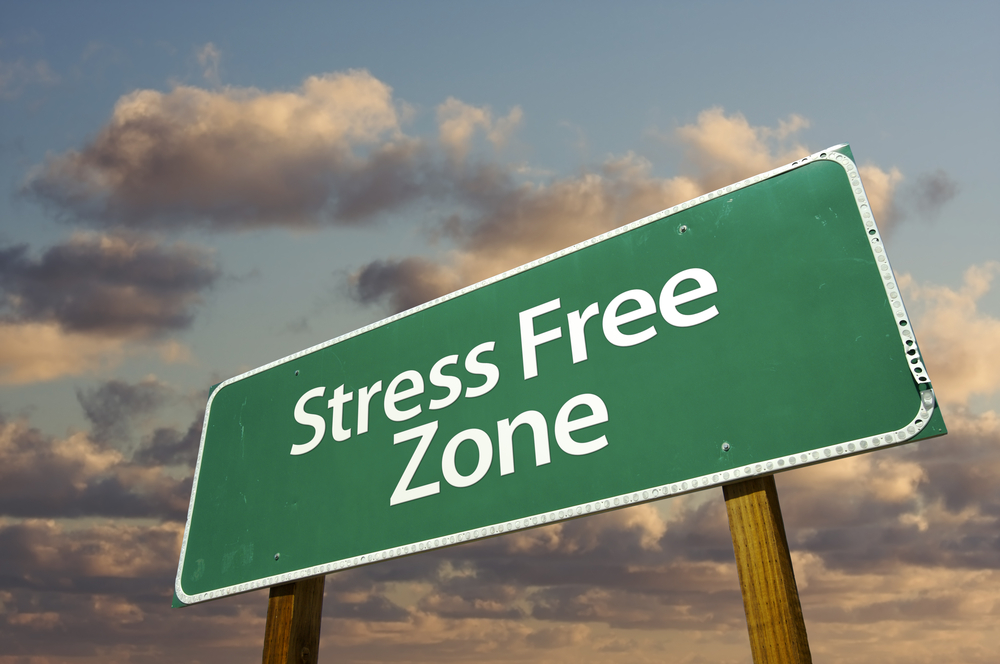Many of us will answer this question with an unequivocal never. When can it ever be? After all, depression degenerates the skills needed to succeed, fails relationships, and drains the energy needed for daily activities.
Attending a prestigious university, Cal students understand the pressure to live up to the label as being “the best of the best.” The competitive atmosphere can cause conditions like depression and anxiety to be seen as weaknesses, even though the difficulty of the university is obvious. Stress factors come from beyond school—they include extracurriculars, fiscal responsibilities, and personal relationships. Stress, often times, can lead to a strong mood of sadness that extends over a period of time—a condition otherwise known as depression. This prolonged feeling of sadness leads to conditions like poor concentration, social withdrawal, and appetite loss. Because of these, it is easy to consider depression a purely destructive state of being.
However, to simply see depression as a problem is shortsighted and reductionist, for while depression is a problem, to only see it as such is suggesting that it is inherently a weakness, a condition that originates from the lack of willpower. Such a view is dangerous. Not only does it silence a much-needed discussion about mental health, but it also assigns shame to a very common condition and bars acknowledgment.
Watching Dr. Neel Burton’s TED Talk, The Anatomy of Melancholy: Can Depression Be Good For You?, I developed a clearer view on the condition of depression. An English psychiatrist, writer, and philosopher, Burton criticizes the notion of depression as a mental disorder and even audaciously states that depression can be good for people. How can this possibly be true? Speaking from an evolutionary standpoint, he says:
“Just as physical pain has evolved to signal injury and to prevent further injury, so the depressive position may have evolved to remove us from distressing, damaging, or futile situations. The time and space and solitude that the adoption of the depressive position affords prevents us from making rash decisions, enables us to see the bigger picture, and – in the context of being a social animal – to reassess our social relationships, think about those who are significant to us, and relate to them more meaningfully and with greater compassion. In other words, the depressive position may have evolved as a signal that something is seriously wrong and needs working through and changing or, at least, processing and understanding.”
While criticizing how society considers a blind happiness as an indicator of mental health, Burton does not discredit the diagnosis of depression, agreeing that it often goes unexamined. Instead, he re-evaluates the stigma upon depression, suggesting that it is a natural human condition that signals that something is wrong in our lives. Because of that, Burton argues that the depressive condition should be a period of time where we treat ourselves kindly, not be afraid to seek help, and analyze the problems in our lives.
There is a definite need to reflect upon what mental health means to a student community. Here (and really, at any other college), students grow academically, socially, and professionally. In this growth, stress is inevitable, but it is not the only concern. At the heart of the problem is the social norm to appear happy and at ease all the time. Therapy, medication, and conversations about feelings are underrated and stigmatized, even though 19% of college students seek for mental health services annually. Suicide remains the second leading cause of death among college students. What meaning can we make out of these statistics? Clearly, the conversations need to start now if we are to foster a safe, open school community. We cannot continue to silence an issue that is so massive. See the Stress & Depression tab for more information.
Citations
- Depression from KidsHealth by the Nemours Foundation <http://kidshealth.org/teen/your_mind/mental_health/depression.html>
- Everyone’s Battle: Confronting College Depression by Julia Lurie from Huffington Post College by TheHuffingtonPost.com, Inc. <http://www.huffingtonpost.com/julia-lurie/everyones-battle-confront_b_813685.html>
- Why Is It So Difficult To Do… Nothing at All? from Psychology Today by Sussex Publishers, LLC <http://www.psychologytoday.com/blog/hide-and-seek/201212/why-is-it-so-difficult-do-nothing-all-0>
Article by Stacey Nguyen
Feature Image Source: Huffington Post
























